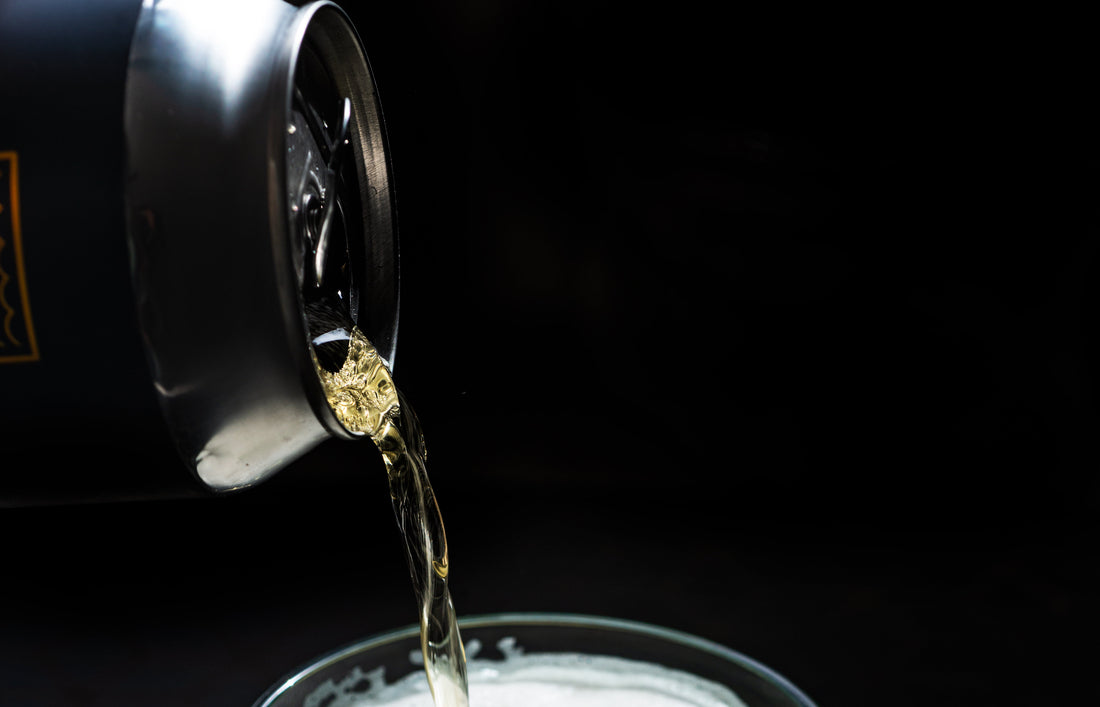
Enhancing Coolant Filtration for Aluminum Beverage Can Manufacturing
Share
In various industries, metal product manufacturing involves the use of high-speed presses for forming or drawing metal parts. When producing thousands or even millions of identical parts daily, even slight variations in manufacturing conditions can lead to significant problems. This article focuses on the manufacturing process of aluminum beverage can bodies and highlights the advantages of implementing effective filtration for the recirculating coolant used in this process. By employing appropriate filtration, the following benefits can be achieved:
- Reduction in downtime through increased die lifespan
- Minimization of scrap
- Decreased maintenance requirements
- Enhanced plant capacity, all of which contribute to maximizing profitability in aluminum beverage can manufacturing plants.
The successful operation of can manufacturing heavily relies on proper filtration during the drawing process to eliminate contaminants from the coolant. Traditionally, filter presses have been employed for this purpose. The subsequent paragraphs discuss the impact of coolant quality and address various issues associated with the use of filter presses, including related costs.
Optimizing the filtration of the coolant system offers an opportunity to reduce costs and improve quality simultaneously. The primary function of the coolant is to minimize friction and resultant heat buildup between the die and the aluminum during the drawing process. As the process proceeds, aluminum fines are generated and carried away with the coolant. The presence of aluminum fines in the coolant can lead to:
- Increased die wear
- Higher levels of can scrap ("tear-offs")
- Elevated scrap production necessitating die changes
These factors collectively contribute to increased manufacturing costs. Even small cost savings per 1000 cans become significant when processing 5 to 8 million cans per day.

Implementing PARSWOOD Polypropylene premium filter cartridges has proven to deliver substantial performance advantages for aluminum can manufacturers. The unique design of PARSWOOD filters incorporates a rigid graded-porosity depth filter media that is cost-effective to operate and ensures cleaner coolant fluid. The key benefits include:
- Fewer can defects
- Reduced operating costs
The manufacturing process of PARSWOOD polypropylene filters results in a filter structure with progressively increasing fiber density toward the central core region, creating a graded-porosity configuration. This significantly enhances the cartridge's service life by capturing particles in decreasing size ranges as the contaminants progress through the cartridge. The resulting family of filter cartridges offers distinct advantages, such as:
- Consistent particle removal efficiencies
- Extended cartridge lifespan
- Ability to withstand high temperatures and elevated differential pressures
- Excellent chemical compatibility
In conclusion, proper coolant filtration plays a vital role in optimizing can manufacturing operations. By eliminating fine aluminum particles from the coolant, die wear, scrap, and operational downtime can all be reduced. PARSWOOD polypropylene filters are particularly well-suited for this application, providing an effective solution for enhancing filtration efficiency in aluminum beverage can manufacturing processes.
